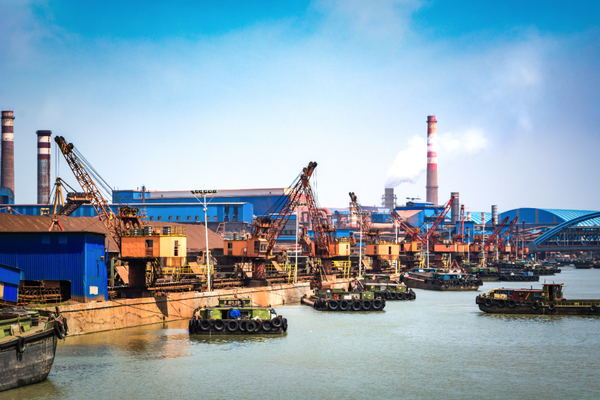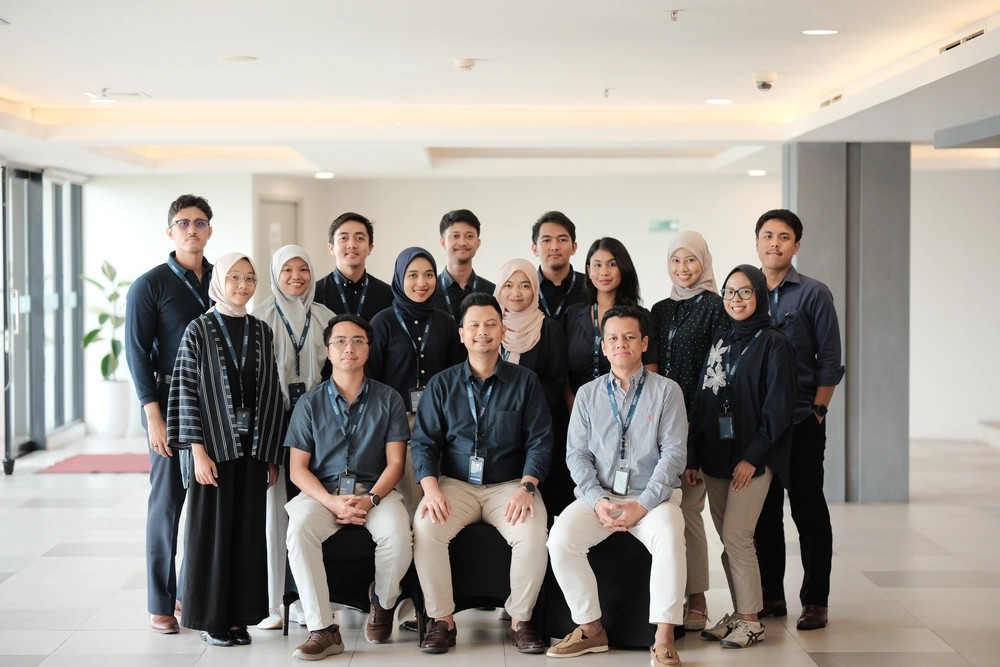What is COP28 and its Implications for Indonesia?
by Imana Tahira, edited by Yasmine Athira
Jakarta –in 2023, the COP28 Climate Summit was held in Dubai, United Arab Emirates. COP28 is an annual United Nations (UN) climate meeting forum where governments jointly discuss how to prepare for future climate change.
The 28th UN Climate Change Conference brought together more than 1000 heads of state, government, business CEOs, philanthropists, and heads of non-governmental organizations (NGOs) seeking to accelerate and demonstrate progress on climate targets and industrial transition as a public, private, and philanthropic collaboration.
Why is COP28 so important?
The presence of the COP28 forum is expected to help and maintain various efforts on the global temperature rise limit that was agreed upon on the 2015 COP21, which is 1.5 degree Celsius. This is very important seeing how 2023 is considered to be the year with the hottest temperature recorded in history which was felt in several regions such as America, Japan, Europe, even Indonesia and several other Asian countries.
What is the Role of COP28 for Indonesia
The Minister of Finance, Sri Mulyani Indrawati, said that Indonesia’s efforts in realizing the energy transition is to inspire the world by committing to support the handling of the global climate crisis through the green financial transition mechanism and other policies.
Indonesia has also made a real effort by retiring 660 Megawatts of Steam Power Plants (PLTU), although the implementation has several challenges, especially in terms of financing. Additionally, Indonesia’s climate action has reduced emissions and deforestation more than any other country in recent years.
After participating and attending the COP28 forum, Indonesia underlined the priority scale to highlight the results of the climate actions that Indonesia has carried out in order to achieve a Net Zero Emission target by 2030 in the FoLU Net Sink 2030.
The issue and policy on FoLU Net Sink 2023 has been planned by Indonesia by creating a number of monumental steps and policies that were the result of discussions at COP26 two years ago.
“We hope that the result of the various climate actions will allow Indonesia to maintain control and play a decisive role in achieving the goal of increasing Net Zero Emission by 2060 or sooner,” said Minister of Environment and Forestry Siti Nurbaya.
He also added that Indonesia’s success in reducing deforestation is more than other countries in recent years, so the government will remain consistent in ensuring the FoLU sector to contribute to Indonesia’s emission reduction of up to 60 percent.





